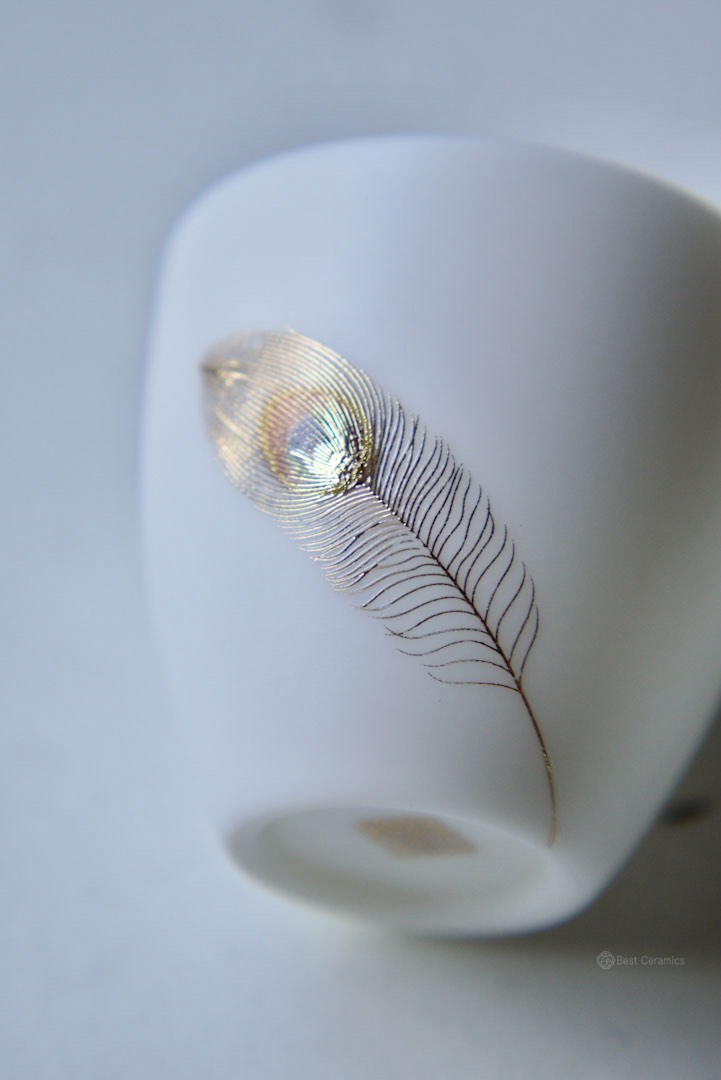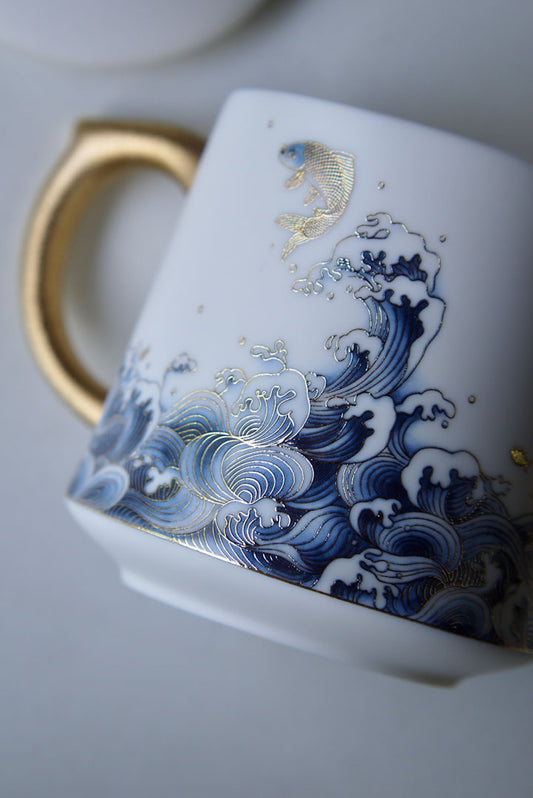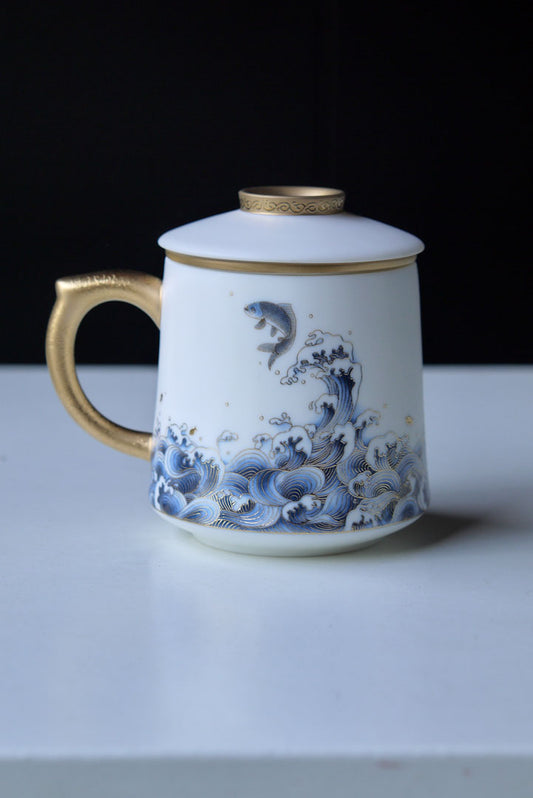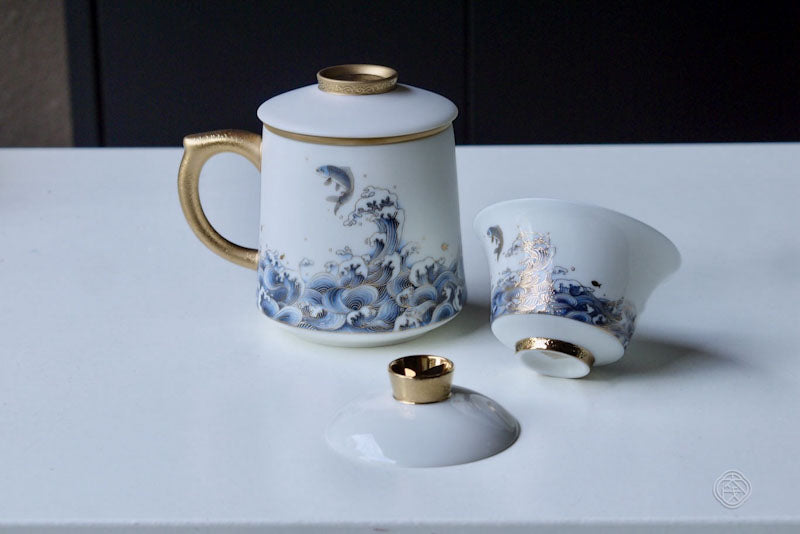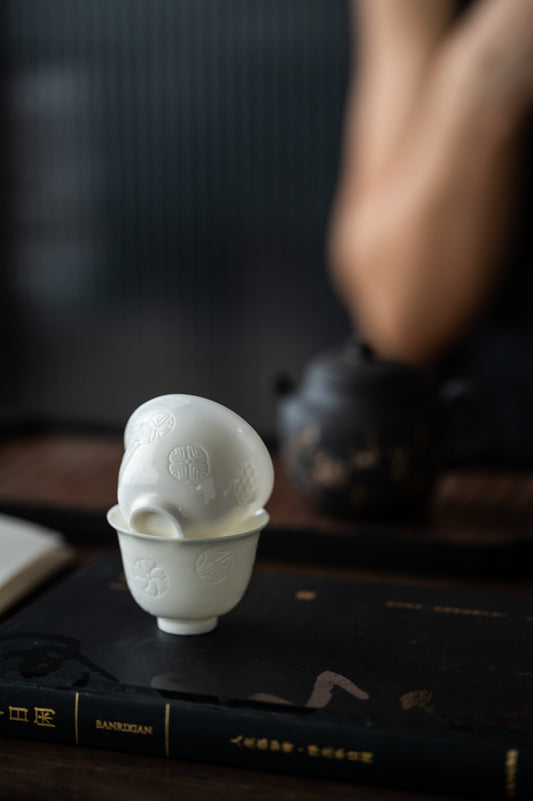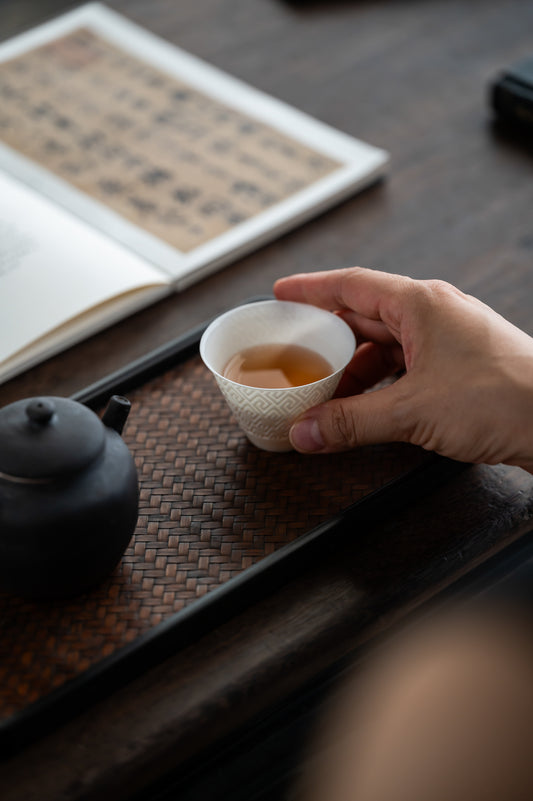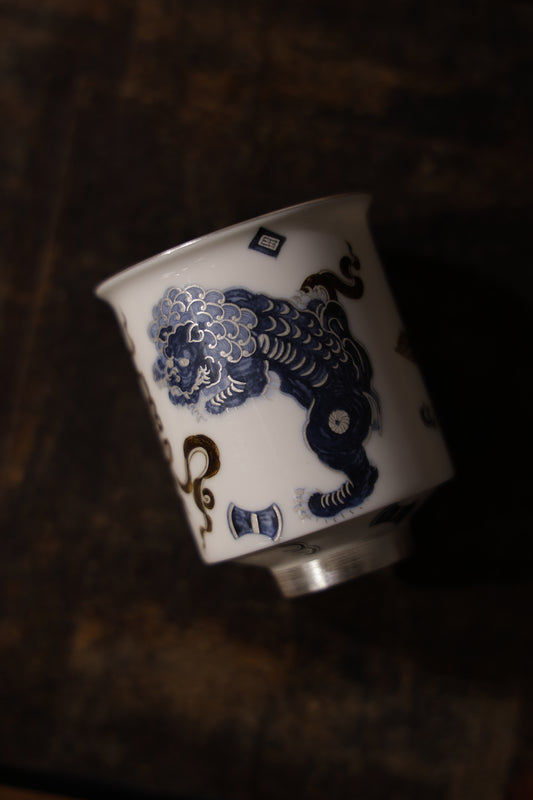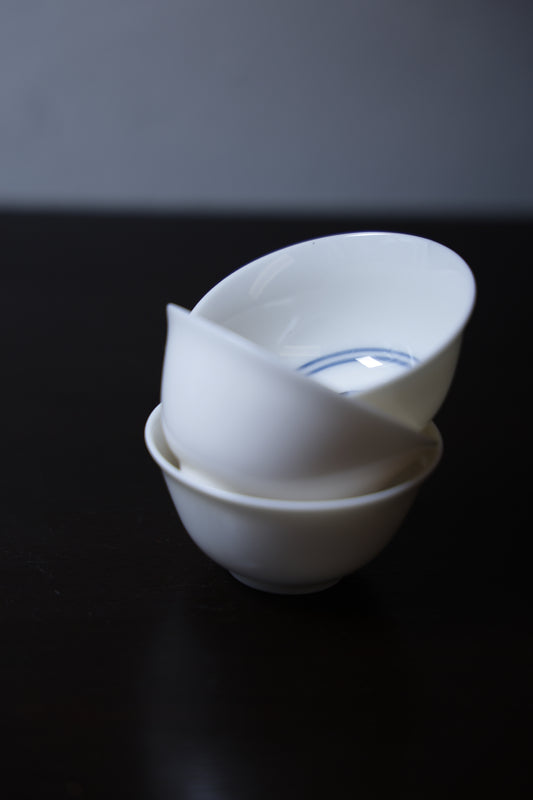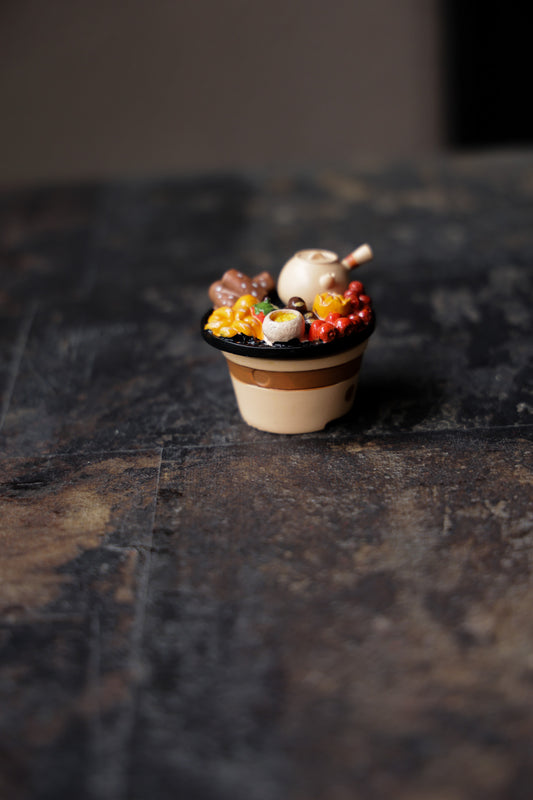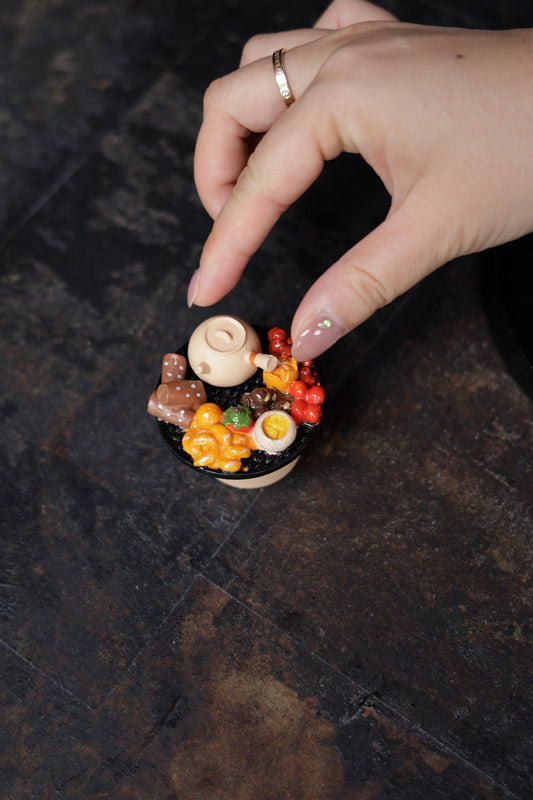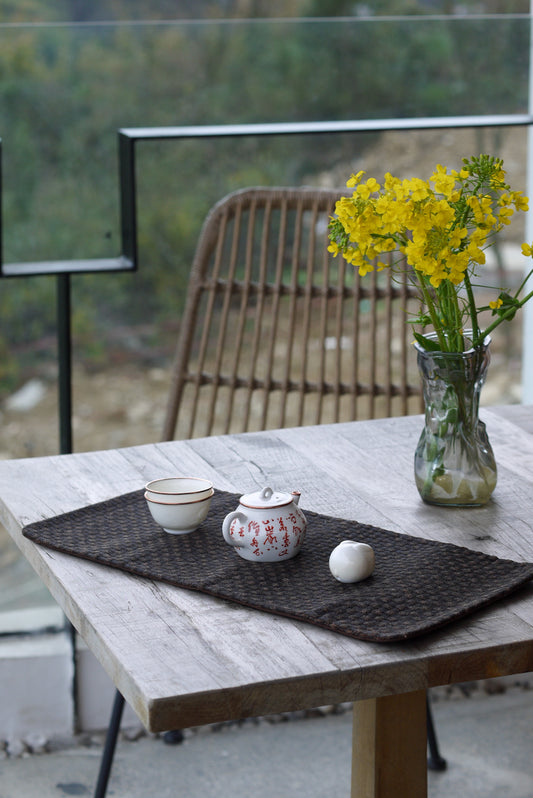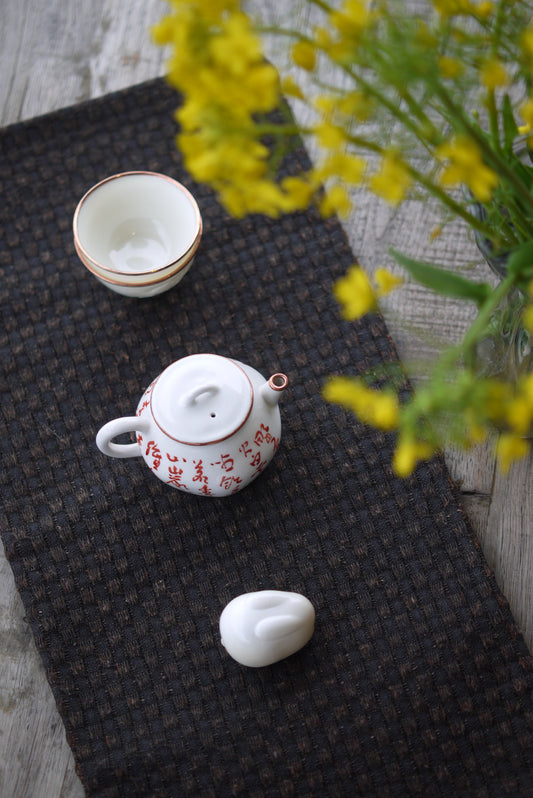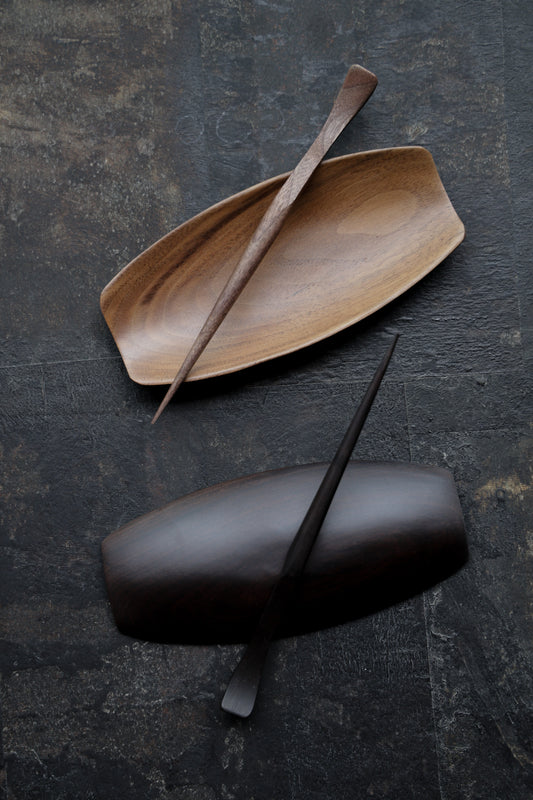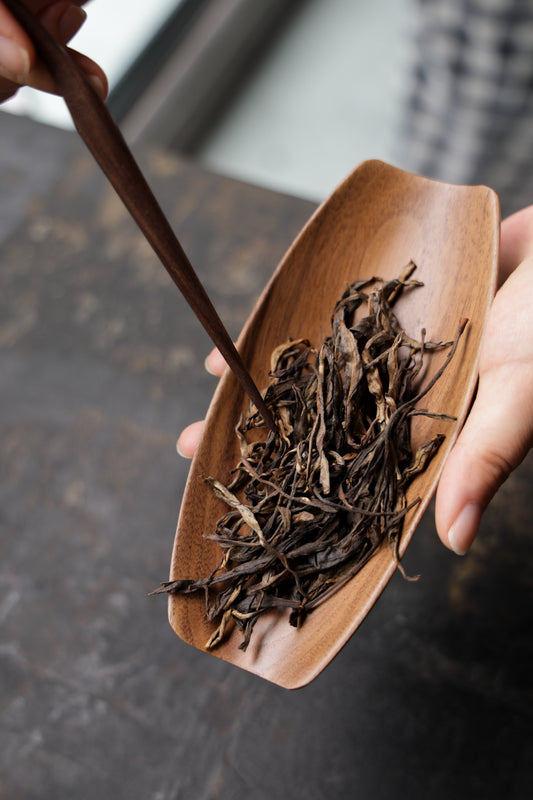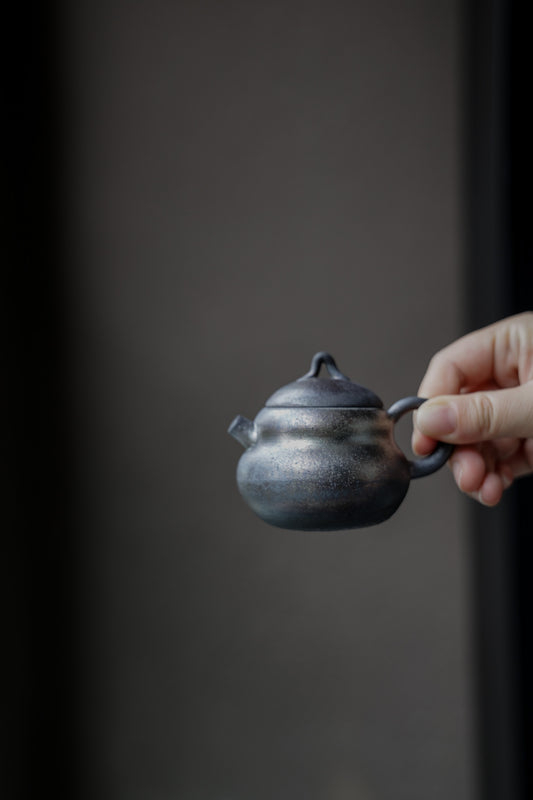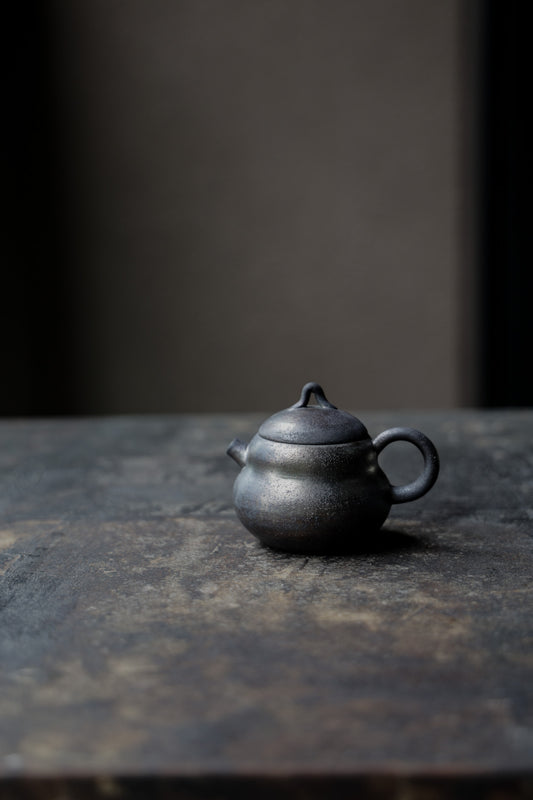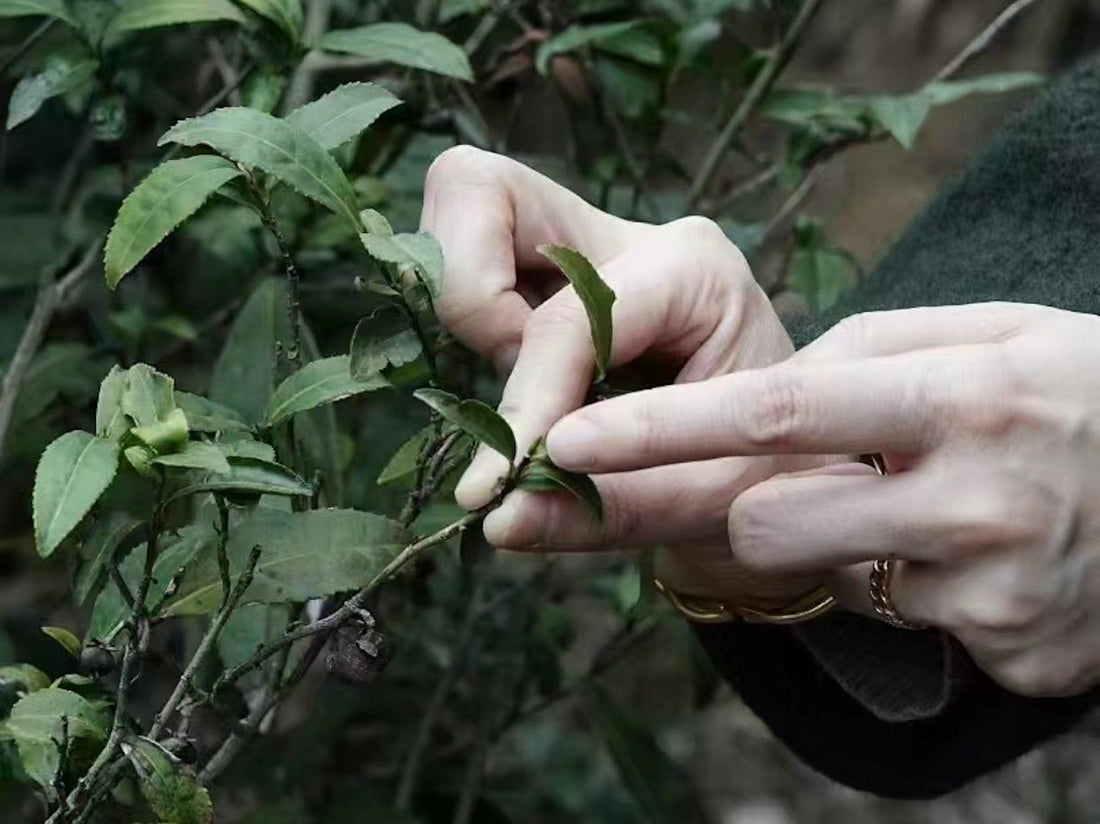
Mingqian Tea: A Gift of Spring and Our Curated Selection
YuanKevinShare
Spring is a season of renewal, where nature awakens from its winter slumber, and tea plants embark on a new cycle of growth. In Chinese tea culture, Mingqian Tea is regarded as a treasure of spring, celebrated for its tender taste and rich cultural significance.
What is Mingqian Tea?
Mingqian Tea refers to tea leaves harvested before the Qingming Festival, which typically falls between April 4th and 6th. During this period, temperatures are relatively low, causing tea buds to grow slowly, resulting in tender leaves rich in nutrients. Due to its limited yield and exceptional quality, Mingqian Tea is often considered as precious as gold. As the saying goes, “Mingqian Tea is as valuable as gold.”

What Makes Mingqian Tea Unique?
The uniqueness of Mingqian Tea stems from its harvesting time and growing environment. After a long winter, tea plants accumulate abundant nutrients. In early spring, with lower temperatures, the growth of tea buds is slow, resulting in leaves with higher amino acid content and relatively lower tea polyphenols, offering a fresh taste and elegant aroma. Additionally, before Qingming, there are fewer pests, reducing the need for pesticides, making the tea leaves purer and more natural.

The Hailang of Maer Mountain is a tea garden. This tea garden is 1.1 mu. The soil is the only few pieces of white sand loam in the first-level production area of the West Lake. After 11 years, the land has been restored to a very soft state. The soil has layers of pores. This is probably the only natural agricultural tea garden in the first-level production area of the West Lake. Some of the tea trees are 3 to 4m high, and the clean smell and wild charm made by the tea here are unique.
Main Varieties of Mingqian Tea
Mingqian Tea encompasses various green tea varieties, among which the most renowned include:
- West Lake Longjing: Originating from the West Lake area in Hangzhou, Zhejiang, it is known for its flat and smooth appearance and fresh, mellow taste. Longjing tea harvested before Qingming has tender yellow buds and leaves, clear tea soup, and a fresh flavor with a signature chestnut aroma.
- Dongting Biluochun: Produced in Dongting Mountain, Suzhou, Jiangsu, this tea is famous for its tightly curled shape and prominent white hairs. Mingqian Biluochun has a silver-green hue, a rich fragrance, and a sweet, refreshing taste with floral and fruity notes.
- Huangshan Maofeng: Originating from the Yellow Mountain region in Anhui, Mingqian Maofeng is distinguished by its golden tips, ivory-colored leaves, and delicate fish-shaped leaves. The tea soup is sweet and smooth, leaving a lingering aftertaste.
- Xinyang Maojian: Grown in Xinyang, Henan, this tea has a straight, needle-like shape, a crystal-clear liquor, and a fresh, slightly nutty flavor with floral undertones.

Longjing 108 green leaves, 220g fresh leaves, made 75g finished tea
How to Brew Mingqian Tea?
Since Mingqian Tea consists of delicate buds and leaves, proper brewing techniques are essential to preserve its fresh taste and elegant aroma.
- Water Temperature: Use water at 80°C-85°C to prevent the tea’s amino acids from being destroyed, which could result in bitterness.
- Teaware: Glass cups, gaiwans, or porcelain teapots work well. Glass cups are particularly recommended as they allow you to appreciate the tea leaves unfolding.
- Tea-to-Water Ratio: Use approximately 3 grams of tea (about a small pinch) for 150-200ml of water.
- Brewing Method: The “Top-Throw Method” (adding water first, then tea) is ideal, as it prevents the tender buds from being scalded and preserves the tea’s freshness.
- Steeping Time: Let the first infusion steep for 30-60 seconds, then adjust based on taste preference. The leaves can be re-steeped 2-3 times.
To enhance the experience, handcrafted Dehua porcelain teaware ensures the purest taste and aesthetic appeal. Discover our curated selection at TheBestCeramics.com for the perfect tea-drinking companion.
Why Choose Mingqian Tea?
Mingqian Tea is not only a symbol of spring but also represents the pinnacle of green tea quality. Its tender buds, distinctive flavor, and rarity make it a prized choice among tea lovers. Whether for personal enjoyment or as a thoughtful gift, Mingqian Tea is one of the finest offerings of spring.

